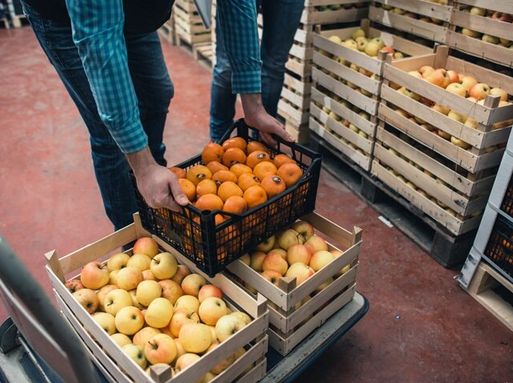Special Interest Groups
Meet other like-minded public health professionals through our Special Interest Groups.

Our Special Interest Groups allow RSPH Members to meet other like-minded professionals and discuss the public health issues that matter to them.
Our Special Interest Groups
Become a member
Not a member yet? Join our community of over 6,000 public health professionals and get access to our Special Interest Groups.
Join us




